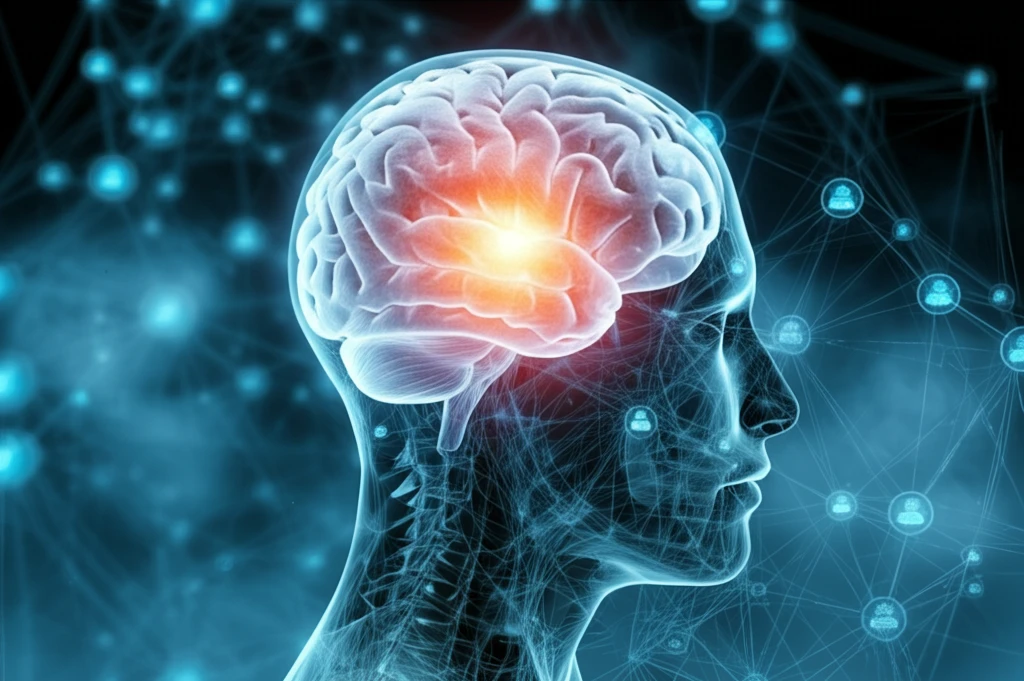
Decoding Healthcare: How "Was hab' ich?" is Revolutionizing Patient Understanding
"From confusing medical jargon to clear, actionable insights: Meet the non-profit startup bridging the communication gap between doctors and patients."
Imagine sitting in a doctor's office, receiving a diagnosis filled with unfamiliar terms and complex explanations. Many patients face this scenario, feeling lost and confused about their own health. This lack of understanding can lead to anxiety, poor adherence to treatment plans, and ultimately, worse health outcomes.
Enter "Was hab' ich?" (What do I have?), a German non-profit startup with a mission to bridge the communication gap between doctors and patients. Founded by Ansgar Jonietz, the organization provides easy-to-understand translations of medical reports, empowering patients to actively participate in their healthcare journey.
This innovative approach not only benefits patients but also enhances the communication skills of future doctors. By offering translation services and educational courses, "Was hab' ich?" is fostering a new era of patient-centered healthcare.
The Genesis of Clarity: Ansgar Jonietz's Vision

The story of "Was hab' ich?" begins with Ansgar Jonietz, a man with a unique blend of technical expertise and a passion for healthcare. Witnessing the struggles of individuals grappling with complex medical information, Jonietz recognized a critical need for accessible explanations.
Looking Ahead: A Future of Accessible Healthcare
"Was hab' ich?" is more than just a translation service; it's a movement towards a more transparent and patient-centered healthcare system. As the organization continues to grow and evolve, its impact on patient understanding and healthcare communication will undoubtedly be profound. By empowering patients with knowledge, "Was hab' ich?" is helping them become active participants in their own care, leading to better health outcomes and a more equitable healthcare landscape.
